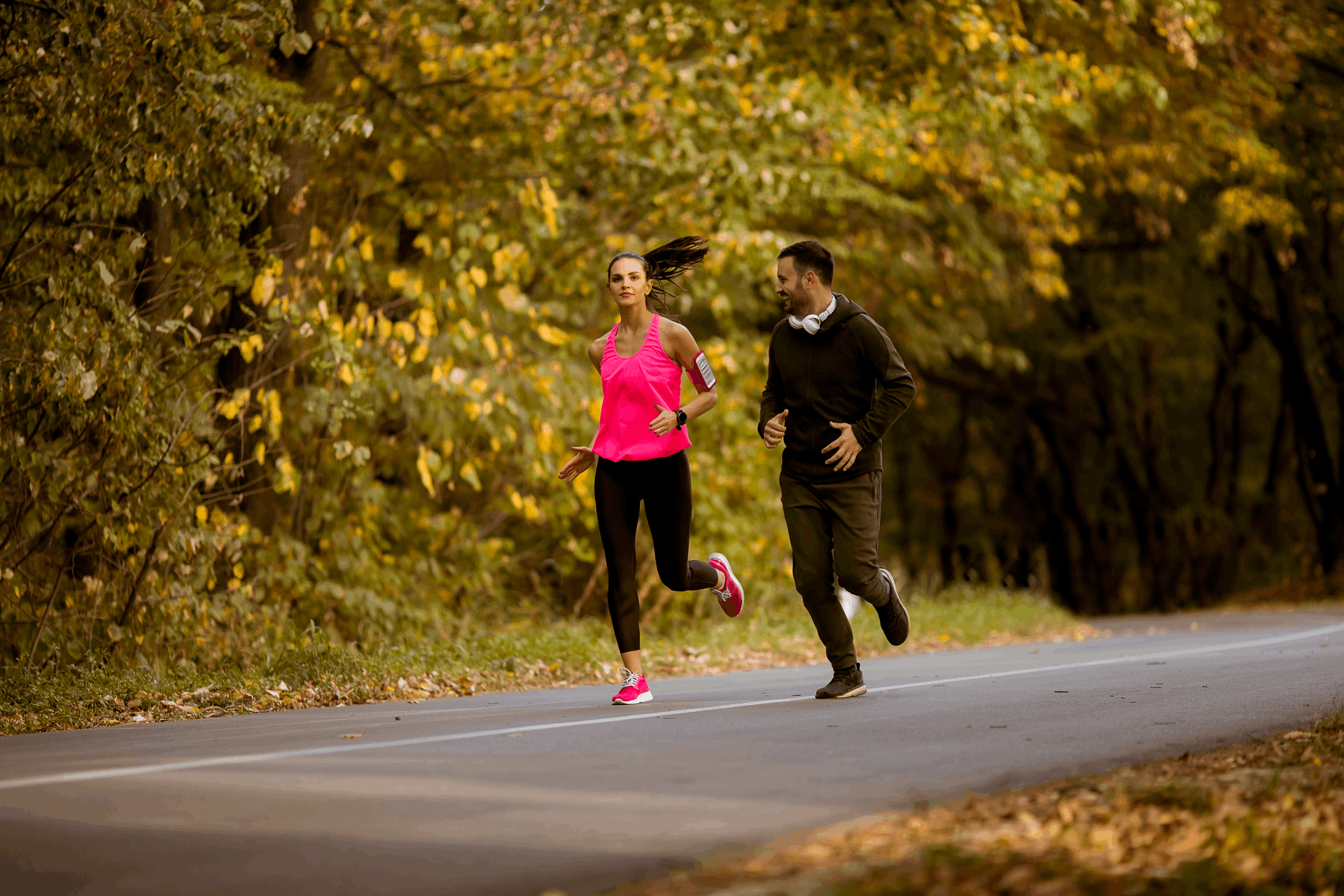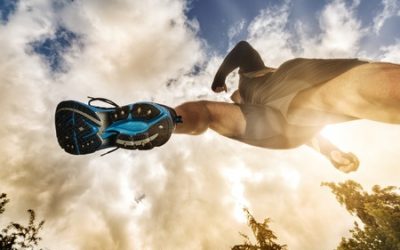So you’ve decided to run your first 10K. Perhaps you have intentionally signed up for a specific 10k (say in 6 months) so that you are then contractually bound (and of course, witnessed by family, friends and work colleagues) to start training.
No turning back. But what next?
10k – Form a plan
Perhaps part of your motivation for running 10k is that you have underlying health concerns. Probably best to check in with your

Training program for beginners.
local Gp and get the all clear for training. You can either join a running group in your area (runtogether.co.uk) or look online for one of the many trading programmes. For example Bupa have a range of programmes designed for all abilities over 10-12 weeks (https://www.bupa.co.uk/health-
Get the right Equipment.
You may slightly overwhelmed by all the gear that’s available out there but before you start googling the latest all singing all dancing GPS Running Tracker you need to consider the essentials. You can spend a little or a lot but ultimately you need to invest in a decent

10k – get the right gear.
pair of trainers. No point in digging out your trusted Converse, I agree that they look good but their athletic ability may be limited to running to catch the late bus from town. There are many running shops that will give you advice, many conduct treadmill analysis to try and identify your specific needs, looking at your gait, body type and stability.
As for clothing you can keep it basic initially but may want to invest in some decent running kit with wicking (material that draws moisture away from the body as opposed to fibres like cotton that absorb moisture). There’s quite a range of wicking fabrics of various designs and budgets (https://www.independent.co.uk/extras/indybest/outdoor-activity/running).
It’s also essential that you invest in a decent sports bra.
What fuel should you use?
Part of your reason for completing the 10k may be to lose weight and get healthy. It’s important to realise that this can be stillachieved by eating 3 well balanced meals a day that includes a balance of carbs, protein and fat. Once again there are numerous

What fuel should you choose for your 10k
online guides (e.g. https://www.bbcgoodfood.com/
Stay healthy and listen to your body.
Before you embark on a training program it’s essential that you deal with any niggles that may be lurking in the back ground. It makes sense to get things resolved before you start. You can also develop issues during training, and while it’s admirable that you try

10k – Stay healthy and listen to your body.
and ‘run it off’, that’s not always possible or sensible. Whether its back (e.g. Facet irritation), pelvic (e.g. SI joint Dysfunction) ,knee (e.g. runners knee) or ankle (e.g. Achilles tendonosis) problems, there are probably not many issues that we haven’t encountered and treated successfully before. So it doesn’t necessarily mean the end of your training.
After running your first 10k you may decide it was your last. That’s really quite unlikely. Over many years we have observed it has only served to as a gateway to increased distances and more competitive runs.




